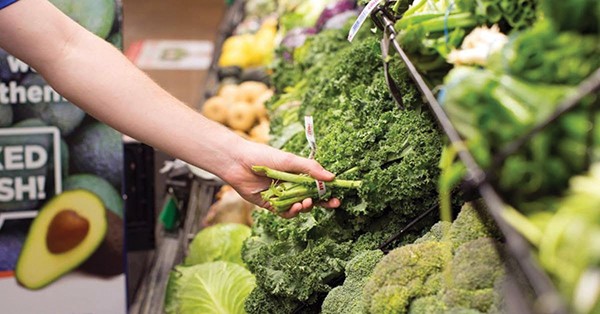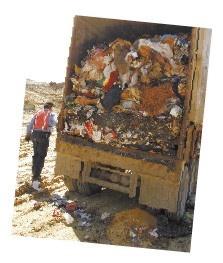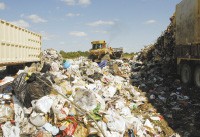A local chef has transformed her passion for cooking into a mission to address food insecurity in Memphis.
Twenty-four year old Kaya Lewis is the owner of Kaya’s Kitchen. Lewis transformed her private catering company into a volunteer project with which she and her team have delivered more than 300 meals to families in need.
“I’ve been very aware of food insecurity my whole life,” Lewis said. “As a kid my family was food insecure, so I experienced that first-hand.”
Lewis remembers volunteering in community gardens and at food pantries when she was in middle and high school. Through her experiences as an educator in Memphis she was able to see how much the issue affected her students.
“The school lunch might’ve been their only meal — or the food that our school was serving some days was not a proper meal, nutrition-wise,” Lewis said.
She added that these problems would trickle down and affect different areas of their health, including physical issues such as stomach issues, and mental issues such as emotional regulation.
During her time teaching, Lewis began to cook and prepare meals for her co-workers. Shortly after her teaching contract ended, she attended a Leadership for Educational Equity (LEE) conference that helped her learn to effectively organize people.
She took those skills to her Instagram, @kayas_kitchen_, and offered volunteer opportunities for the free meals she would be providing – whether it was to cook meals, buy groceries, or contribute in other ways.

Those in need can reach out to Lewis via email at Kayaskitcheninfo@gmail.com. She and other volunteers buy groceries and assemble meals at Memphis Kitchen Co-Op.
Feeding America, a nonprofit that seeks to address food accessibility, found 128,190 Shelby County residents to be food insecure in 2020.
While Lewis acknowledges that the work she is doing is addressing the problem, she advocates for more programs and policies that address the root of food insecurity.
“Raise the minimum wage,” Lewis said. “If people can afford their living expenses, that makes food more accessible. Improving public transportation — if people who do not have access to a car can get on public transport, that helps with food insecurity.”
Lewis also mentioned inequities in where grocery stores are located, citing an article by Ryan Jones entitled The Roots of Food Deserts, that makes it clear that those living in areas such as South Memphis, Orange Mound, and Binghamton have a harder time accessing full-service grocery stores than those living in, say, Collierville.
“In some neighborhoods you have five grocery stores within a mile radius,” Lewis said. “In others there are no grocery stores to be found — only corner stores and liquor stores.”
Although food insecurity exists as a systemic issue, Lewis said the community can help intervene by volunteering with her service, or even by sharing food with neighbors. She hopes her social media account and resources can inspire people to not only address the problem, but to reach out for assistance.
“Nobody’s judging you,” Lewis said. “I’ve been there myself and that’s why I really emphasize there’s no shame in asking for help [or] support. Culturally there’s a lot of shame placed around food insecurity and that shame is not meant to be on the people who are hungry. It’s meant to be on the systems that are causing inequities in the first place.”

 Kroger
Kroger  Justin Fox Burks
Justin Fox Burks  Justin Fox Burks
Justin Fox Burks